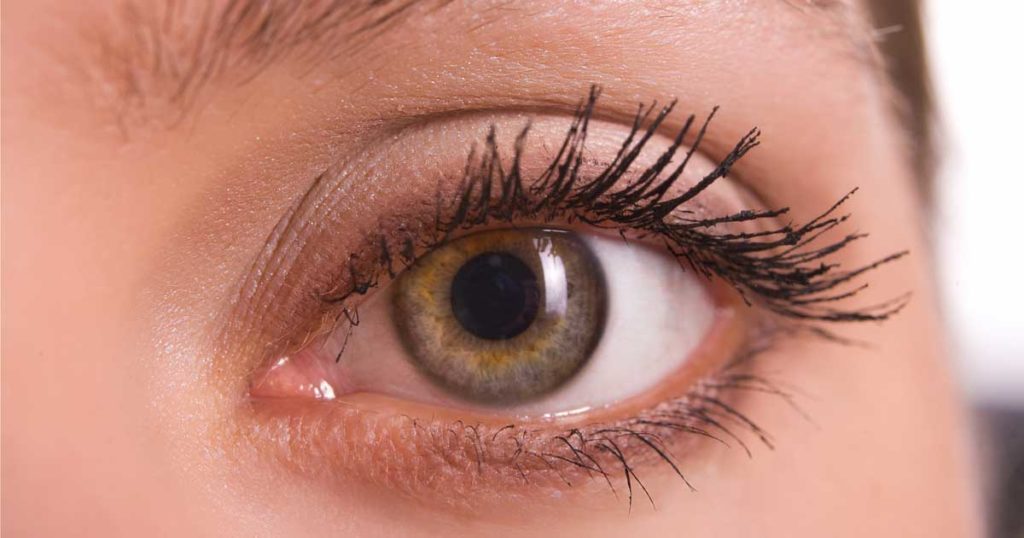How a particular drug affects the body often depends on the type of drug being used. For instance, stimulants tend to affect the brain in a way that increases alertness, energy levels, heart rate and blood pressure. On the other hand, depressants generally inhibit brain activity causing drowsiness, lethargy, decreased heart rate, blood pressure, and a sense of calm. Physiological changes in the brain can appear in a variety of ways in the rest of the body. One of the more noticeable, and uncontrollable, ways is dilated or constricted pupils.
What Causes Pupils to Constrict?
Pupil constriction and dilation are controlled by the sympathetic and parasympathetic nervous systems in the brain. Normally, when the parasympathetic nerve is activated, it causes pupils to constrict, or narrow. When the sympathetic nerve is stimulated, pupils dilate. Pupil dilation and constriction is an important function that controls the amount of light that enters the eye and allows a person to see properly. Pupils that do not dilate or constrict properly can create, or be a symptom of, serious vision problems. Usually surrounding light causes stimulation of the relevant nerve to dilate or constrict the pupils. But substance use and abuse can affect the central nervous system and interfere with the ability of the eyes to react appropriately. Generally, stimulants dilate pupils and depressants (like opioids) cause constricted pupils.
Drugs that Cause Pupil Constriction
Generally, drugs classified as opioids will constrict pupils when the drug is ingested. During use, opioids tend to stimulate the parasympathetic nerve and cause constricted pupils. Common opioid medications include:
- Codeine
- Hydrocodone
- Hydromorphone – Dilaudid
- Oxycodone
- Morphine
- Meperidine – Demerol
- Fentanyl
- Methadone
Illegal forms of opioids or opiates include:
- Heroin
- Opium
Non-Opioid Drugs That Can Cause Constricted Pupils
Though opioid drugs tend to be among the most common that affect pupil constriction, other medications may also have an effect on the pupils’ ability to dilate. Non-opioid drugs that can cause constricted pupils include:
- Hypertension medications such as clonidine or tetrahydrozoline
- Antipsychotics
- MAO inhibitors and other antidepressants, and
- Certain chemotherapy medications
Sources: What drugs are opioids? Pupillary Responses Opioids and Opiates: Pharmacology, Abuse, and Addiction

